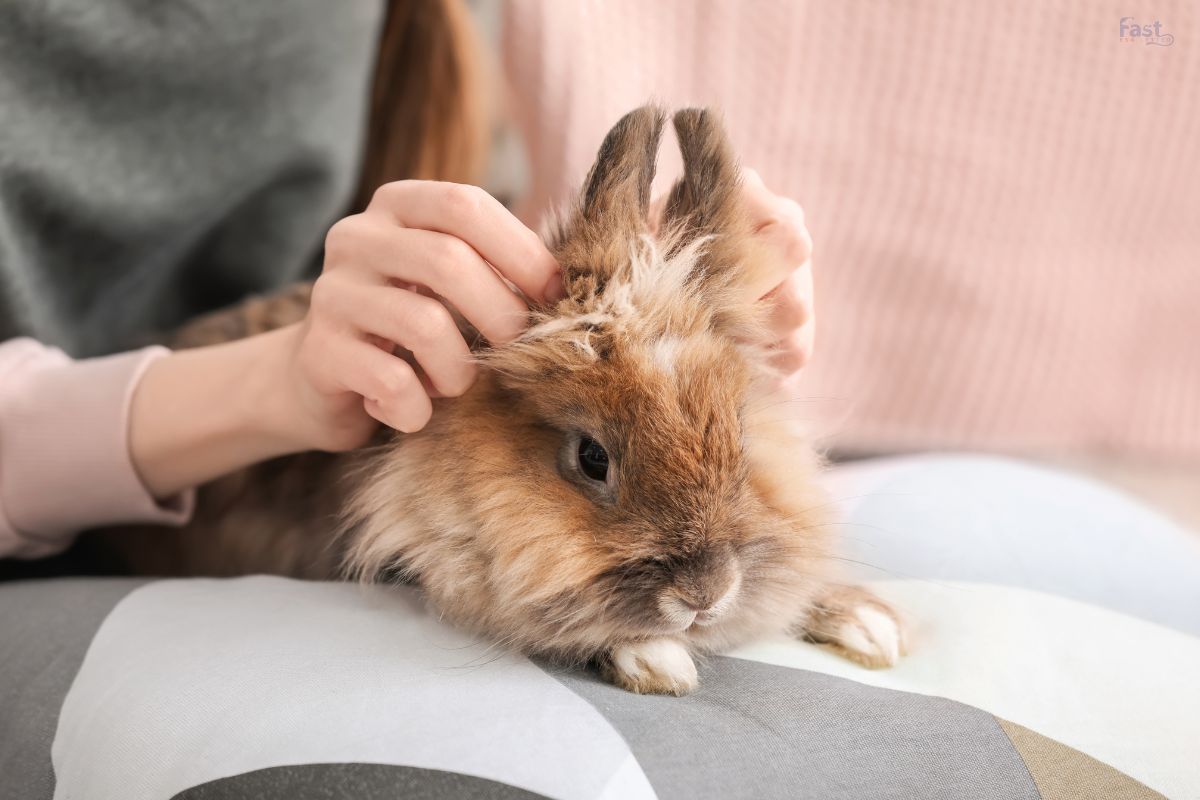Why Choose Rabbits as an Emotional Support Animal?


Can Rabbits Qualify as Emotional Support Animals?
Why Choose a Rabbit as an Emotional Support Animal?
1. Quiet and Calm
2. Low Maintenance
3. Soothing and Therapeutic
4. Affectionate Bonding
5. Ideal for Small Living Spaces
Challenges of Getting a Rabbit as an Emotional Support Animal
1. Sensitive Health Needs
2. Fragile and Timid
3. Limited Public Access
Are There Specific Breeds of Rabbits That Are Better Suited to Be ESAs?
1. Mini Lop
2. Holland Lop
3. Rex Rabbit
How To Make My Rabbit Recognized as an ESA?
To officially make your rabbit an emotional support animal, you’ll need to obtain an ESA letter from a licensed therapist, psychologist, or psychiatrist. This letter should outline your mental or emotional condition and specify how your rabbit supports your emotional well-being.
Once you have this ESA letter, your emotional support rabbit will be protected under the Fair Housing Act, meaning landlords must allow you to live with your rabbit even if there are no-pet policies in place. Remember, your rabbit does not need special training to be recognized as an ESA—its role is simply to provide emotional comfort.
Do I Need to Train My Rabbit to Be an ESA?
Unlike service animals, emotional support rabbits do not require specific training to perform tasks for their owners. However, basic training for an ESA is necessary to ensure they can live comfortably in your home.
You’ll to teach your rabbit how to interact with people and how to be calm and relaxed in different environments. Rabbits are intelligent and can be trained relatively easily with positive reinforcement.
How Can I Strengthen My Bond with My Emotional Support Rabbit?
1. Cuddle Time
2. Play and Enrichment
3. Create a Safe Environment
What Is the Cost of Getting an Emotional Support Animal Rabbit?
- Adoption or Purchase: $20 – $100
- Supplies (cage, bedding, toys): $100 – $300
- Food: $30 – $50 per month
- Veterinary Costs: Routine check-ups range from $50 – $150 per visit.
Conclusion
Frequently Asked Questions (FAQs)
Do Rabbits Help Reduce Anxiety as Emotional Support Animals?
Can I Take My Emotional Support Rabbit in Public Places?
Do Rabbits Make Good Emotional Support Animals For Apartments?
Are Emotional Support Rabbits Good For Children?
What Should I Feed My Emotional Support Rabbit?
Are Rabbits Low Maintenance as Emotional Support Animals?
Can Rabbits Help With Anxiety and Depression?
Can a Rabbit’s Temperament Change When It’s an Emotional Support Animal?
Do Emotional Support Rabbits Need Veterinary Care?
Do Emotional Support Rabbits Help With PTSD?
How Much Space Does an Emotional Support Rabbit Need?
How Long Do Emotional Support Rabbits Live?
Post Author
Prince Sharma
Related Articles
Can a Turtle Be an Emotional Support Animal?
Can a Turtle Be an Emotional Support Animal? Yes—Here’s How!Yes, a turtle can be an emotional support animal (ESA) if it provides comfort and emotional stability to its owner. While turtles may not offer the same level of interaction as dogs or cats,...
Is a Fox Terrier the Right Emotional Support Dog for You?
Is a Fox Terrier the Right Emotional Support Dog for You?Fox Terriers can be your perfect emotional support animal, offering unmatched comfort and companionship if you're dealing with emotional or mental health challenges. To officially make your Fox...
Can Your Tenant Own an Alligator as an Emotional Support Animal?
Can Your Tenant Own an Alligator as an Emotional Support Animal?Yes, an alligator can become an emotional support animal (ESA) if a licensed professional provides an ESA letter. However, due to safety concerns, many landlords and states may restrict...
Live Free with Your ESA!
An ESA Letter Unlocks Freedom!






